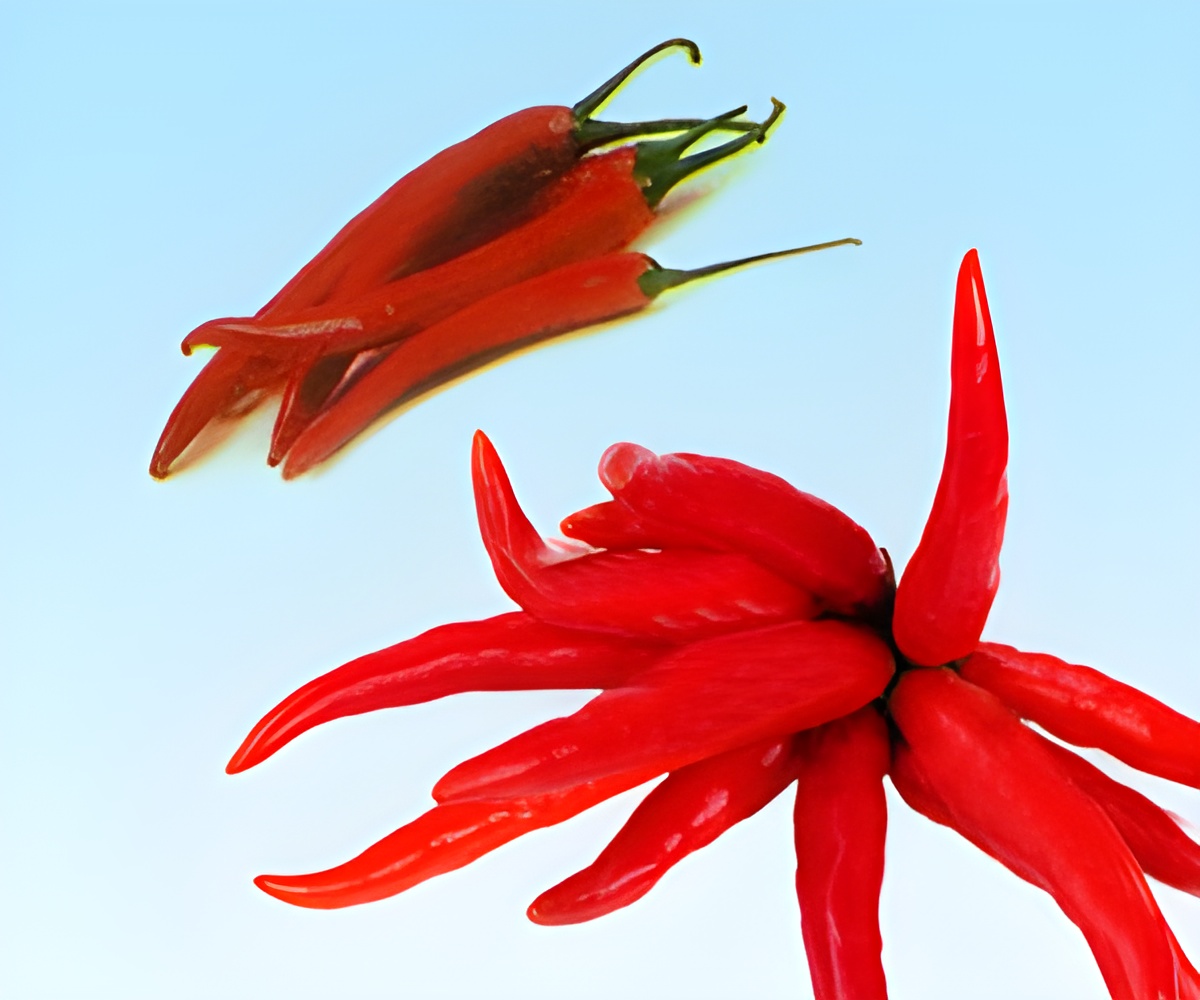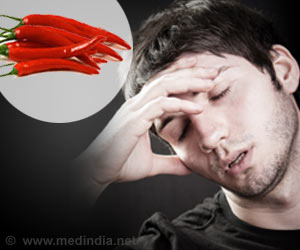University of Adelaide researchers have discovered that a high-fat diet may impair important hot chilli receptors located in the stomach that signal fullness.

The stomach stretches when it is full, which activates nerves in the stomach to tell the body that it has had enough food.
"We found that this activation is regulated through hot chilli pepper or TRPV1 receptors in the stomach," said associate professor Amanda Page from University of Adelaide's school of medicine.
The team also found that TRPV1 receptors can be disrupted in high fat diet-induced obesity.
It is known from previous studies that capsaicin, found in hot chillies, reduces food intake in humans.
"We discover that deletion of TRPV1 receptors dampens the response of gastric nerves to stretch - resulting in a delayed feeling of fullness and the consumption of more food," Page explained.
Advertisement
"It is exciting that we now know that the consumption of capsaicin may be able to prevent overeating through an action on nerves in the stomach," added Dr Stephen Kentish, National Health and Medical Research Council (NHMRC) fellow from University of Adelaide.
Advertisement
"We will also do further work to determine why a high-fat diet de-sensitizes TRPV1 receptors and investigate if we can reverse the damage," he concluded. The paper appeared in the journal PLOS ONE.
Source-IANS












